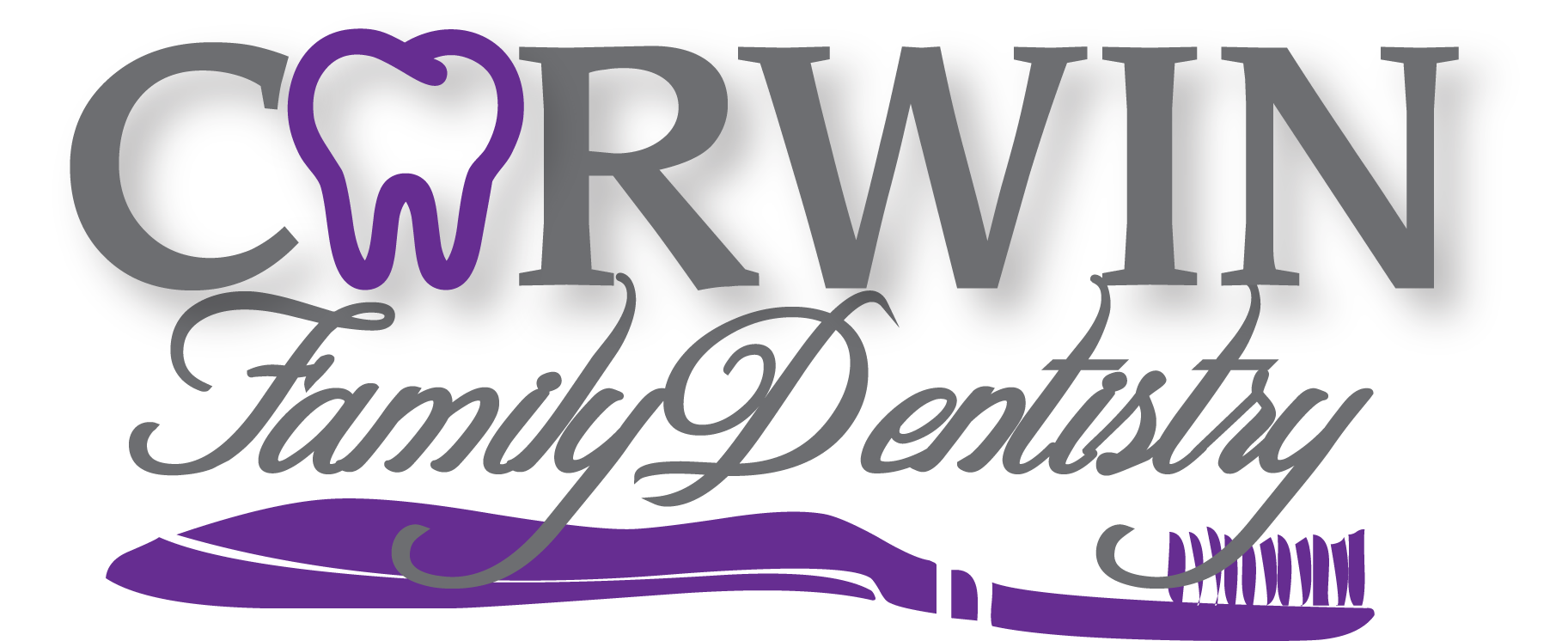How often do I need a cleaning and exam?
For the general population, it is recommended that every six months, a professional dental cleaning and exam is done to identify any disease, home oral health issues, and to re-educate about oral health and home care. This allows the hygienist/dentist to spot disease processes early in their growth. It could mean the difference between needing a filling and a root canal or crown - saving hundreds of dollars - because a cavity does not always cause discomfort before infecting the nerve space of the tooth.
Some patients require cleanings and exams more often. They may have issues with the following:
xerostomia (dry mouth) increases the incidence of cavities
Can be caused by a medication, too many medications (polypharmacy), loss of salivary flow due to age, radiation to the salivary gland areas
Saliva is your mouth’s #1 natural protector against decay by diluting acidic by-products from the natural bacteria in your mouth and returning lost minerals to minimally-damaged teeth
Some dry mouth cases can be reversible, if caused by medication, or irreversible if caused by permanent damage to salivary glands
Increased visits allow maintenance and monitoring, as well as opportunity for preventive measures against quicker disease activity
Saliva consistency/mineral make-up
Sticky spit can contribute to tough plaque that does not easily come off teeth
Saliva with higher mineral content can cause calcified buildup on teeth more often, just like water with high mineral content causes mineral buildup in pipes and faucets, and this can lead to infection of the gums and cause bone loss and loose teeth
Poor home care
Some patients are unable, physically or mentally, to keep up with oral care at home, and would benefit from a professional cleaning and exam more often
Some patients do not put in the time at home to keep teeth clean daily
High risk
Any combination of the above issues to any slight degree, along with dental history can contribute to an individual’s risk to develop dental disease
The more fillings a patient has had, the higher the probability that patient has for developing more cavities, and getting an exam more often will promote the early detection and treatment of a cavity
Risk is assessed incrementally as the patient grows and develops and changes habits throughout life
